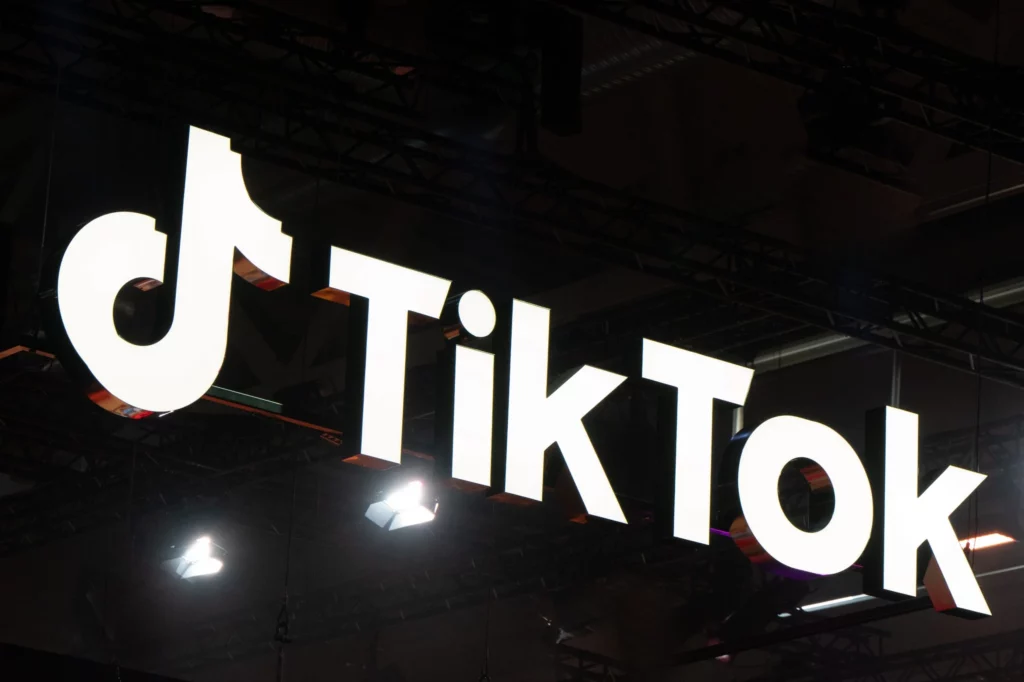In today’s digital age, health advice isn’t confined to the doctor’s office. Millions of people , especially young Nigerians now turn to TikTok, Instagram, and YouTube for quick fixes and trending health tips. From “miracle” weight-loss teas to 15-second skincare hacks, social media has become a global classroom for health. But in this classroom, the lessons often come with a mix of opportunity and risk.
TikTok alone boasts over one billion monthly users worldwide and Nigerians rank among the platform’s fastest-growing audiences. A simple hashtag search like #HealthTok or #SkincareRoutine pulls up millions of videos, many aimed at viewers looking for answers to health concerns they may be too shy or too broke to bring to a clinic.
Why do Nigerians, especially young people, gravitate toward these bite-sized health lessons? The answer lies in a mix of convenience and cost. Healthcare in Nigeria is expensive and often out of reach, particularly in rural areas. So, a 30-second clip promising weight loss “without exercise” or glowing skin “overnight” can feel like a godsend. That peer-to-peer trust is a major reason trends like lemon-and-coffee weight-loss drinks or DIY face masks go viral in a matter of hours.
The same accessibility that makes TikTok and Instagram attractive also makes them risky. A 2022 study published in the Journal of Adolescent Health found that nearly one-third of viral health content on TikTok was misleading or outright false.
We’ve seen dangerous cases in Nigeria: young women trying unsafe skin-lightening mixtures, people overdosing on herbal concoctions, and even viral “detox” challenges that can lead to severe dehydration. Recently, WHO warned that social media-driven misinformation was fueling harmful health practices globally, particularly during the COVID-19 pandemic when conspiracy theories spread faster than factual updates.
The danger is amplified by algorithms. Social media platforms are designed to reward sensational, shareable content, not necessarily accurate information. A fake “miracle cure” will almost always outperform a sober doctor’s lecture.
For instance, public health campaigns like #SafePeriod on menstrual health or #MentalHealthAwareness have used social media to break taboos and give people language to discuss their struggles. During the COVID-19 pandemic, NCDC and WHO Nigeria successfully used Instagram Lives and TikTok to combat misinformation and share accurate updates.
Even within Nigeria, doctors and health advocates are reclaiming these spaces. Skincare specialists now use Instagram reels to debunk harmful bleaching trends, while dietitians break down the risks of fad diets. The result? Audiences are not just consuming; they are questioning and learning.
The challenge is balance, learning to maximize social media’s benefits while protecting people from its pitfalls. For individuals, digital literacy is the key. Parents and educators must also step in. With Nigerian youths spending an average of three to five hours daily on social media (Statista, 2023), guidance on safe online health practices is as important as teaching mathematics or English.
Policymakers and platforms, too, have a role. TikTok recently introduced fact-checking tools for viral content, but enforcement is weak. Nigerian health authorities could collaborate with influencers to push verified campaigns, leveraging the same algorithms that spread myths to now amplify facts.
Not long ago, I spoke with Davina Isaac who had followed a TikTok skincare routine religiously. Instead of the glowing skin she expected, she ended up with chemical burns from mixing lemon juice and toothpaste as a “natural cure.” Her story is not unique. Behind every viral trend is a real human being who may pay the price for misinformation. Yet, I’ve also met young men who quit smoking after following a TikTok challenge that encouraged healthy living, and mothers who learned new ways of preparing nutritious baby food from short, relatable Instagram reels.
A Double-Edged Sword
Social media is neither friend nor foe, it is a tool. In the hands of the uninformed, it can harm. In the hands of the conscious, it can heal. The TikTok effect on health is not something to fear, but something to manage with wisdom, regulation, and empathy.
In a country where healthcare access is unequal, TikTok and Instagram will remain powerful influences. The task ahead is simple but urgent: empower Nigerians to tell the difference between harmful myths and helpful health tips. After all, in the age of viral videos, one share could either save a life or endanger it.














